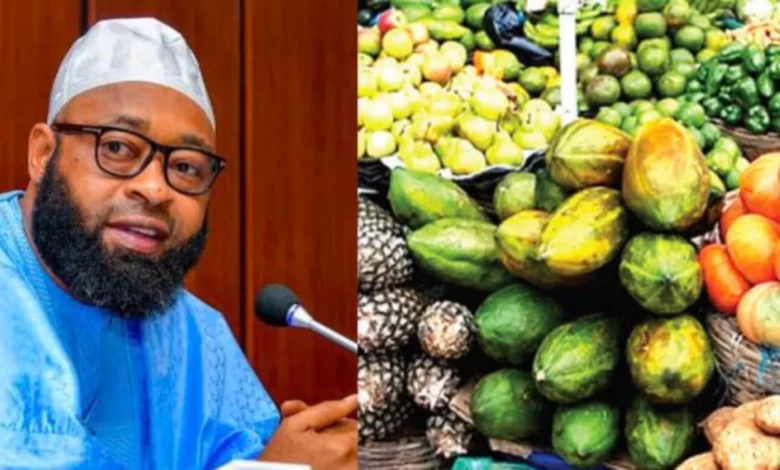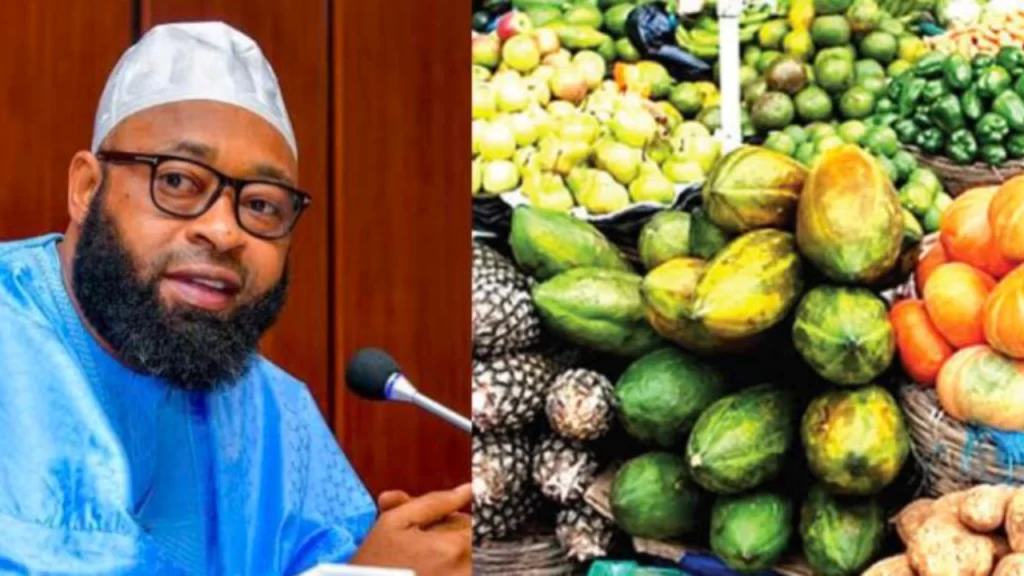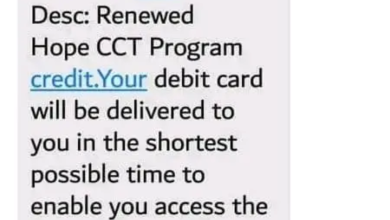Niger bans sales, distribution of food, farm produce to these states in Nigeria

Niger bans sales, distribution of food, farm produce to these states in Nigeria
National Hunger: Niger outlaws the export or sale of food or agricultural products to other Nigerian states
The governor’s statement on Thursday came in response to the nation’s general and Niger’s increasing hunger, which was brought on by rising prices, the elimination of gasoline subsidies, the floating of the naira, and the unrest under President Bola Tinubu’s administration.
“Trucks that come to pack or buy foodstuffs from our villagers in bulk should be stopped for the time being,” Mr. Bago stated. We have, for the time being, suspended mass purchases from our local markets in all of our local governments.
“We have given security agencies the go-ahead to confiscate those trucks and share the food with the people,” the governor of Niger continued. “Anybody found doing that.”
Read Also 👉FG gives conditions, reveals those to benefit from the N50bn Presidential Conditional Grant Scheme or PCGS
The governor’s action aims to alleviate the hunger and poverty that are sweeping the state by providing enough food and agricultural products for its citizens.
In the meantime, 42,000 metric tonnes of grain, including millet, garri, and maize, have been released by the Ministry of Agriculture and Food Security under the direction of Mr. Tinubu.
Likewise, the Nigerian Rice Millers Association pledged to promptly make available more than 60,000 metric tons of rice to the general population.
This was revealed by Mohammed Idris, the minister of information and national orientation, following the presidential committee on emergency food intervention meeting on Thursday in Abuja.

According to him, the federal government has taken these quick actions to lessen the suffering that Nigerians—who are forced to bear the brunt of the market’s high food prices—face.
“These will be made accessible, and we are confident that in the next weeks, that will be sufficient to take on Nigeria. Six weeks, a month, or even two months could pass. The goal of this is to drastically reduce the price of these food staples. And these are actions that will take effect right away.
The third point, he said, is that the government is considering the idea of immediately importing some of these goods as a temporary fix if it becomes essential so that Nigerians can have access to them.
To increase output and completely use the nation’s food potential, Mr. Idris added that the ministry would make significant investments in agriculture.
He declared that the government would appeal to individuals or organizations to cease stockpiling these goods to maximize profits at the expense of common Nigerians.
Since these goods are genuinely sold in numerous traders’ businesses, the government is naturally also investigating anyone who is hoarding them. The government is pleading with them to provide these resources and open these doors in the best interests of our country.
When the entire nation is searching for this meal, there is no point. Nigerians suffer as a result of you locking up these things where you gain more money. The minister clarified, “Of course, the government would not fold its arms.
He emphasized that the government will also see to it that Nigerians have continued access to and affordability of food.
“There is an emergency at hand. Emergencies arise in every country. We have this opportunity to address these issues on our own,” Mr. Idris said. “The President has ordered that food be made available to Nigerians at a very reasonable cost, no matter what it takes.”







